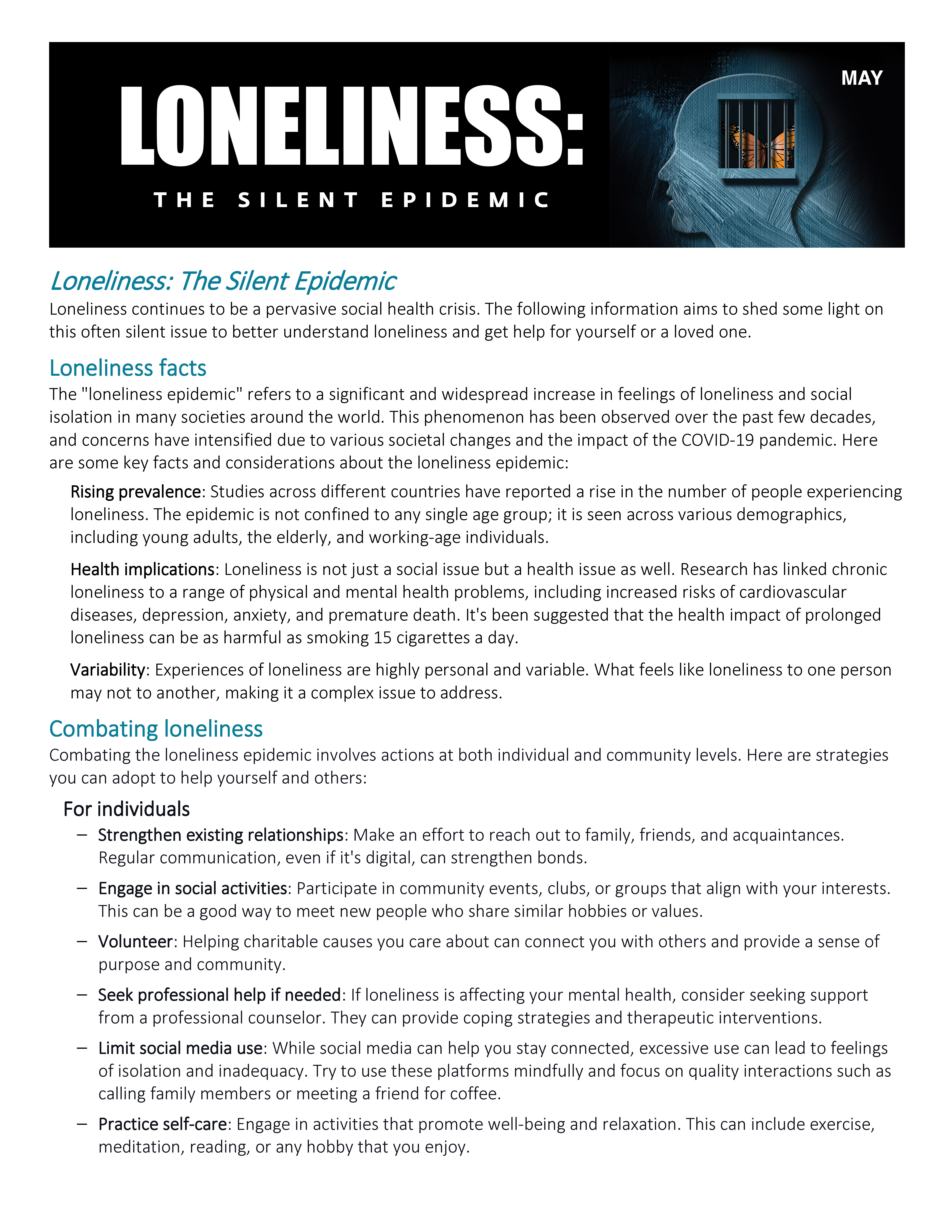


Kids encounter pressure and stressful situations on a daily basis. As parents and caregivers, we have the opportunity to lead our children down a more mindful path toward lifelong resilience to counteract unease. Let’s review some ways you can equip your child with practical tools to enhance their emotional well-being and ability to handle stress.
Building a lifetime of resilience
Teaching mindfulness and resilience to children provides them with the tools and mindset they’ll need to thrive in adulthood, where they will inevitably encounter a range of challenges and obstacles. Learning resilience early on better prepares kids to navigate life’s ups and downs with confidence and grace and can afford them numerous long-term benefits, including:
- Improved mental and physical health
- Better decision-making
- Healthier relationships
- Reduced stress and anxiety
- Increased academic and professional success
- Higher self-esteem and confidence
- Greater adaptability
Creating a family culture of mindfulness and resilience
Raising a resilient child starts with a family dynamic that nurtures mindfulness and buoyancy as a lifestyle to lay the groundwork for their emotional development and ability to cope. Here are some ways you can foster resilience in your children:
- Provide a safe and supportive environment: Knowing they have a secure base to return to can help children build resilience. Create a nurturing and supportive home environment where they feel safe to express their emotions, seek comfort, and explore mindfulness. Consider dedicating a space for mindful activities, such as a cozy corner with cushions and blankets.
- Model resilience: Children learn best by observing the behavior of the adults around them. Demonstrate mindfulness and resilience in your own life by practicing self-care, employing positive self-talk, managing stress effectively, and engaging in positive coping strategies.
- Introduce healthy coping mechanisms: Resilience education teaches children healthy and practical coping tools, such as seeking support from others and maintaining a growth mindset, as well as deep breathing exercises, meditation, and journaling. These activities can help your kids manage stress and appropriately handle disappointments, failures, and setbacks.
- Teach emotional regulation: Learning to manage emotions effectively helps children bounce back from setbacks and disappointments more easily, and handle stress, frustration, and disappointment without becoming overwhelmed. Help your child identify and deal with their emotions by encouraging them to express their feelings in productive ways.
- Empower with problem-solving skills: As children learn to navigate challenges, they become adept at finding solutions and adapting to changing circumstances. Teach your child how to identify problems, weigh outcomes, and take proactive steps to overcome obstacles. Allow them to face age-appropriate hurdles and encourage them to work through them on their own. Offer guidance and support as needed but resist the urge to do it for them.
- Promote positivity: Optimism and gratitude are powerful antidotes to adversity. Foster a positive outlook on life by encouraging a sense of hopefulness and maintaining optimism through difficult times. Help your children understand that setbacks offer opportunities for growth and encourage them to embrace hardships, learn from their mistakes, and persist. By reframing their mindset and finding something good in all situations, they'll develop a resilient outlook that serves them well throughout life.
- Practice mindfulness together: One of the most effective ways to introduce mindfulness to children is by practicing it together as a family. Embrace moments of stillness with awareness, whether it's through deep breathing exercises or simply taking quiet walks in nature. You can also involve young children in mindfulness concepts through storytelling. Choose books with themes of mindfulness, resilience, and emotional awareness, and engage your child in discussions about the characters' experiences.
Instilling mindfulness and resilience in children not only improves their immediate quality of life but also lays the foundation for a healthier, happier, and more resilient adulthood.
Download the Campaign
August WebinarWe also encourage you to attend this month’s free live webinar. Click the banner below for details and registration. |
|
Contact your Employee Assistance Program (EAP) for additional recommendations and resources. Licensed counselors are available 24 hours a day, seven days a week to assess your needs and provide support. 24 HOURS A DAY
The EAP is a voluntary and confidential employee benefit available to eligible federal employees at no cost. |








